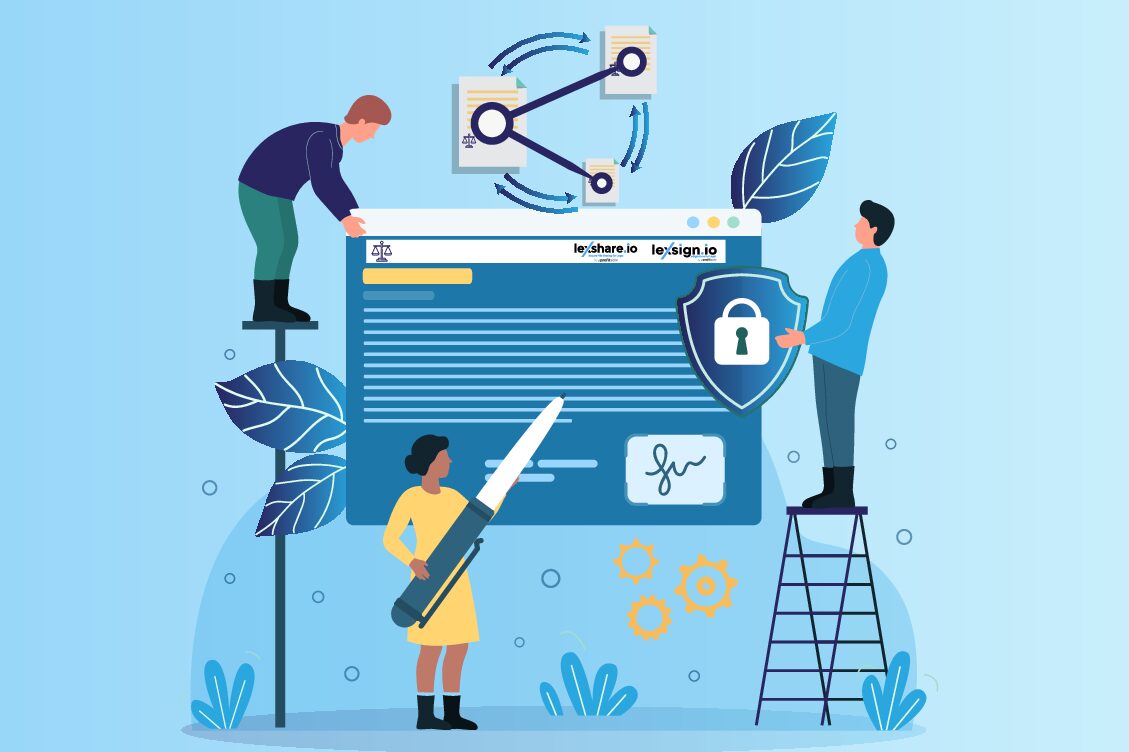It’s so easy to ignore the importance of client relations when you are so focused on enhancing your legal knowledge and skills. While spending countless hours working on your case is essential, so are client relations a huge contributing factor to the continued success of a prosperous law firm. The client can end up being the most neglected person in a case with so much time spent on preparing for court. To help nurture your relationship with your clients here are some simple suggestions to get you started.
Choose your clients
Some attorney’s think that taking on a high maintenance client is better than no revenue. As tempting as it can be to take on any work opportunity that you come across, it is important not to ignore any red flags, because, in the long run, it will actually cost you revenue to deal with the trouble, stress, and aggravation. A client that is going to be difficult and high-maintenance is not worth it, as chances are they will suck up a ton of your time making it difficult to provide adequate time for other clients. There is no need to invite the extra stress upon your staff and yourself.
‘Red flag’ clients are not always obvious. Spend time getting to know your prospective clients by spending as much time as possible listening to them, and taking note of their attitude towards you and the case.
There are some ways you can reduce your time whittling down the prospective clients by placing a standard of questions asked during the initial contact phase to the law office. Ask some basic questions such as case details (is it relevant to your area), has another attorney worked on this case previously (if yes, investigate why), ask if how they will be paying for the consultation fee (if they are hesitant, it might mean trouble), and finally ask how they heard about you (if they mention a referral source you know it is a priority!).
Clear expectations
If you’re jumping off straight into a case as soon as the client has agreed to work with you, chances are you’ve left the client behind and grieved. Chances are that the client is not so experienced with having to use an attorney, so their understanding of how an attorney works are likely to be a lot different to how you as an attorney operate. And when there are misunderstanding’s there are greater issues to deal with down the road.
Make sure you are as specific as possible about how you will be working together from the start before the client has any fixed expectations of what the process will be like. Provide clients with a detailed and well-structured work plan. This includes a verbal agreement to begin, setting out the terms of your representation as well as financial discussions. Let the client know what will be charged and for what work, how these fees are calculated, and the type of work involved when dealing with a case. The client may not be aware that time will be spent on research, meetings with lawyers, possible travel, materials, etc. Make sure to let the client know what is entailed from the get-go.
It’s important to discuss any pitfalls with overdue payments too, so the client knows what repercussions are faced when payment is past due. Make sure the client is aware of the grace period, and any possible extra charges that will be accumulated over time, how much time that is.
Having everything clearly laid out will create a context for the working relationship and reduce the client’s stress and frustration by letting them know in advance what is to be expected. Your client will be under a great amount of stress regarding the details of the case and will need to be reminded of the ‘standards’ in place to take care of the important things.
Communication
Communication issues are one of the biggest problems that arise in a client-attorney relationship. Poor communication is a huge deterrent for prospectives, and for good reason. To adequality manage the needs of your clients you must keep up with the communication required for their satisfaction. Each client will have different needs in terms of communication frequency, so make sure to ask in the beginning how they prefer to be contact and how frequently. Unreturned calls and emails will make your clients feel unimportant and will upset them, so ensure responses are prompt. Let the clients know when you are available and who can help if the attorney is not immediately available.
Secondly, whenever you are communicating with your client the discussions you have are either increasing their trust in you or making them more distressed. Clients complain a lot about how they do not understand what is going on, so make sure the quality of communication is effective just as much as it is frequent.
Make sure all clients are getting regular updates through their preferred method of contact, be it a phone call or an email. Even if nothing important is going on, make sure to contact at least once a month minimum. If an attorney is silent it will make the client wonder what is going on, and that will make a series of paranoid thoughts and theories infect the client’s mind, which will not breed a healthy relationship between client-attorney.
Technology
Technology is a great tool to maintain efficient and organized services for your clients. Legal billing software can offer a series of tools to help keep a high standard of service. Maximize the potential of legal technology by utilizing the platforms that offer client portals, legal billing tools, and so much more. If you leverage legal technology appropriately, it will do wonders for your client-attorney relationships. Positive client experiences will reap rewards.
All comprehensive legal billing software can help you manage client communication through the use of client portals where the client can access the progress of a case being worked, access files any time, anywhere, communicate with attorneys, and even pay their bills through. These bills will be finely detailed with the use of these legal tools by specifying exactly what activity or expense took up what cost, so the client knows exactly what they are paying you for.
Bills are the most fear-inducing part of the communication for clients, so having transparency is imperative for positive client experience. By clear labeling on bills, it will reduce the fear factor.
Conclusion
Trust and accessibility are key factors of a client-attorney relationship. Clients need to feel important and feel like their attorney wants the best for them, and that they can confide in them. This will provide a successful defense when the client is open about the case details. Trust can only be achieved when the attorney appears accessible. You might be busy and finding it hard to be available immediately for your clients, but make sure they are never left in the dark wondering where the case is at. The client should be confident the case is being worked on even if they sometimes cannot immediately speak to you, and the only way to achieve this is to keep in touch regularly with progress details. The above steps should help you easily set up the basic standards of creating a successful relationship with your clients.
















